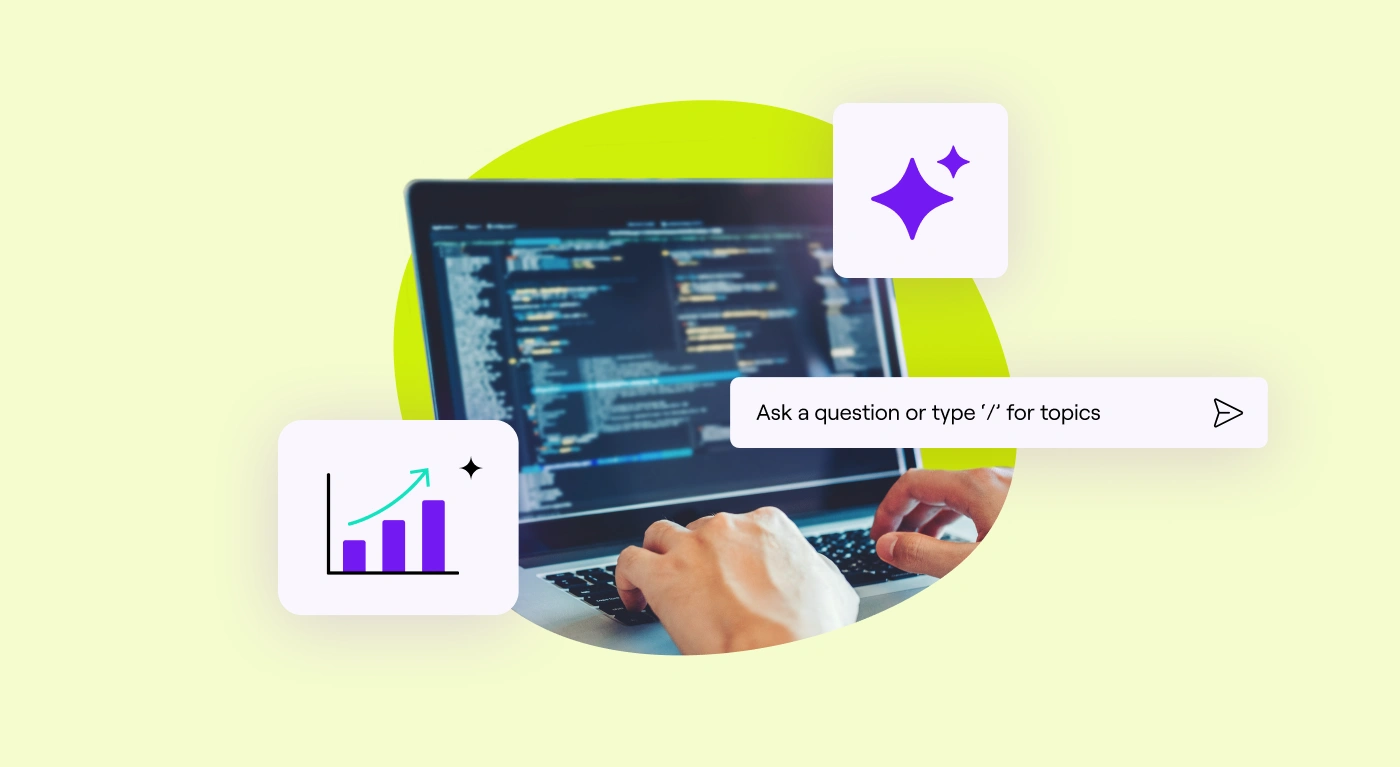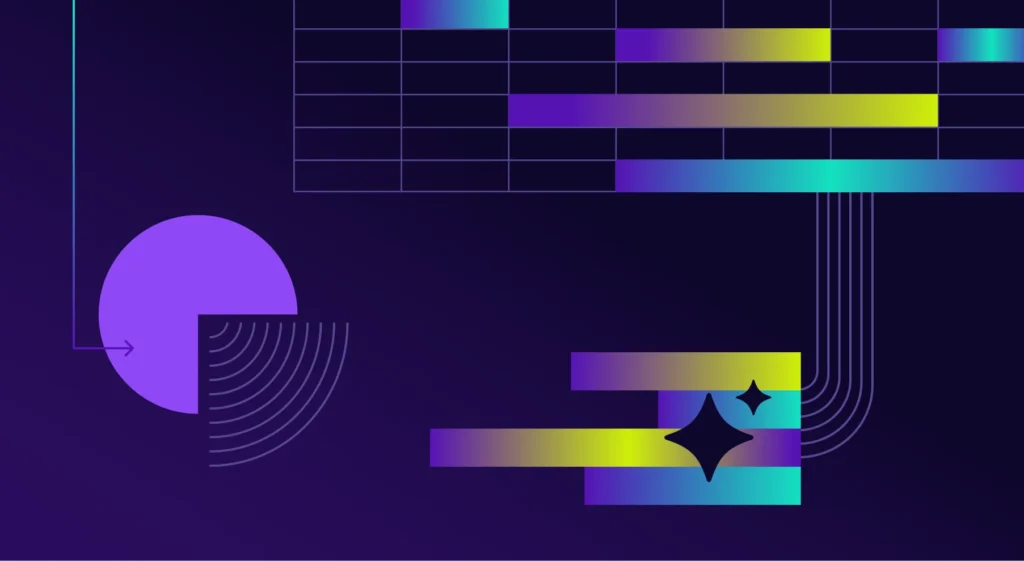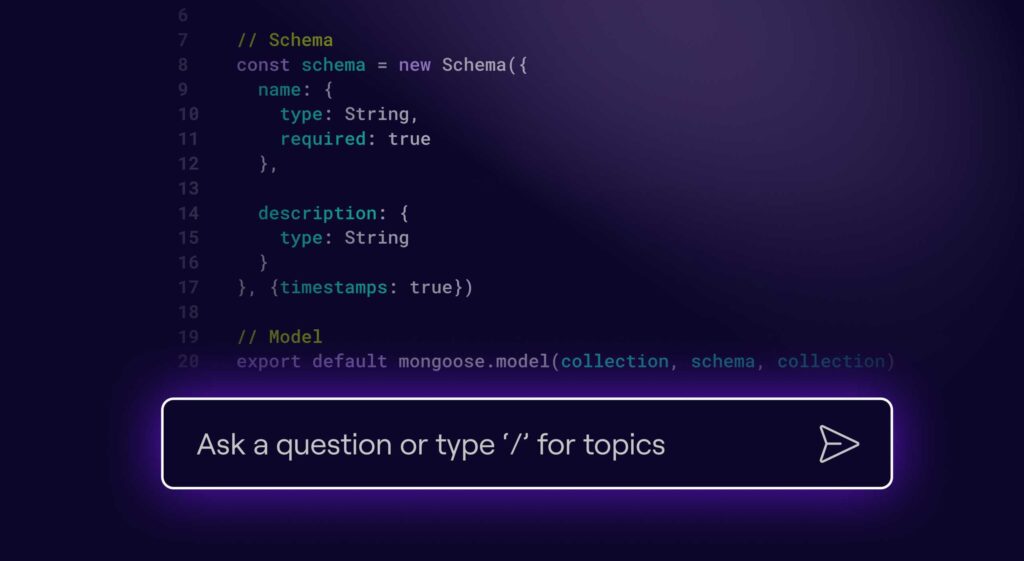In this article
Jellyfish’s recent State of Engineering Management report found that 90% of engineering teams are now using AI coding tools, up from 61% just a year ago. But new data from the Jellyfish platform goes one step further to uncover how agentic adoption has grown.
Here we’ll look at data drawn from 400+ companies from December 2024 to May 2025 to better understand how the agentic AI era is taking shape – where AI tools don’t just assist, but act.
What Is Agentic AI?
What Is Agentic AI?
First, let’s level set on what agentic AI really means. In the context of engineering workflows, agentic AI refers to tools that autonomously take actions such as:
- Code review comments
- Authoring commits
- Opened a code review
This marks a shift from interactive AI assistance for human users (e.g., code suggestions) to active AI participation in the software development lifecycle. With traditional AI coding tools, the tool is doing the coding work for you, but you – the human – is in the loop to accept lines or blocks of code. On the other hand, in agent mode, the tool is working even more autonomously and the human is further out of the loop. So instead of a couple lines or blocks of code, the tool might be creating change sets across multiple files, pull requests with multiple suggestions, etc.
Agentic AI Adoption Is Accelerating
Agentic AI Adoption Is Accelerating
At the start of 2025, 51% of companies in our dataset were using agentic AI. By May, that number had jumped to 82%. This sharp increase in just five months reflects growing confidence in AI’s ability to integrate into core engineering practices. Our data also shows an overall decrease in code review times (average AI code review cycle times were 1.16x faster in Q2 2025, compared to 1.11x faster in Q3 2024), indicating agents may be a contributing factor.
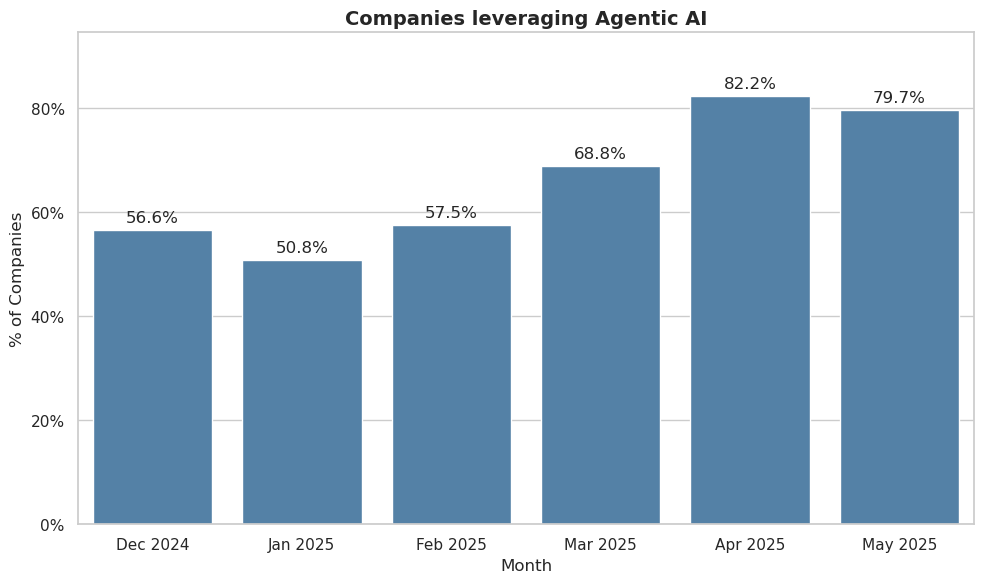
Code reviews are becoming the most common entry point for AI automation in engineering teams.
- 40% increase in companies utilizing AI for code reviews in 2025.
- For early adopters, up to 80% of code reviews are now handled by agentic AI.
- On average, early adopters saw an 11% increase in agentic code review tool usage this year.
Code reviews offer a low-risk, high-reward use case – making them an ideal proving ground for AI agents.
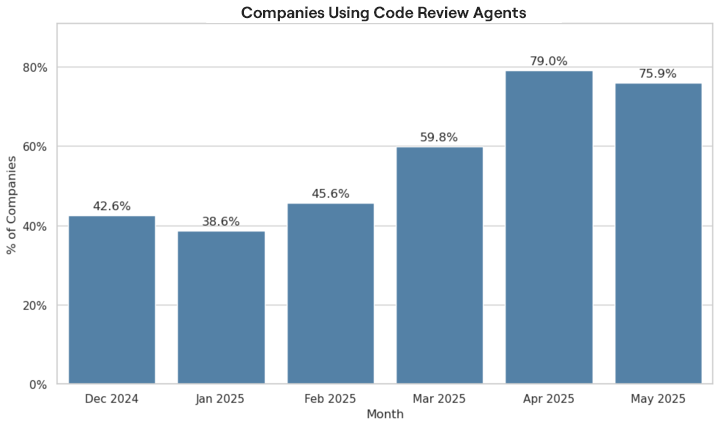
Popular Code Review tools include:
- Most common: GitHub Copilot Reviewer, Cursor BugBot, CodeRabbit
- Up and coming tools: Graphite, Greptile, Bito.ai
Beyond reviews, we’re seeing companies pilot fully agentic coding workflows – where AI is not just reviewing, but actually writing and submitting code.
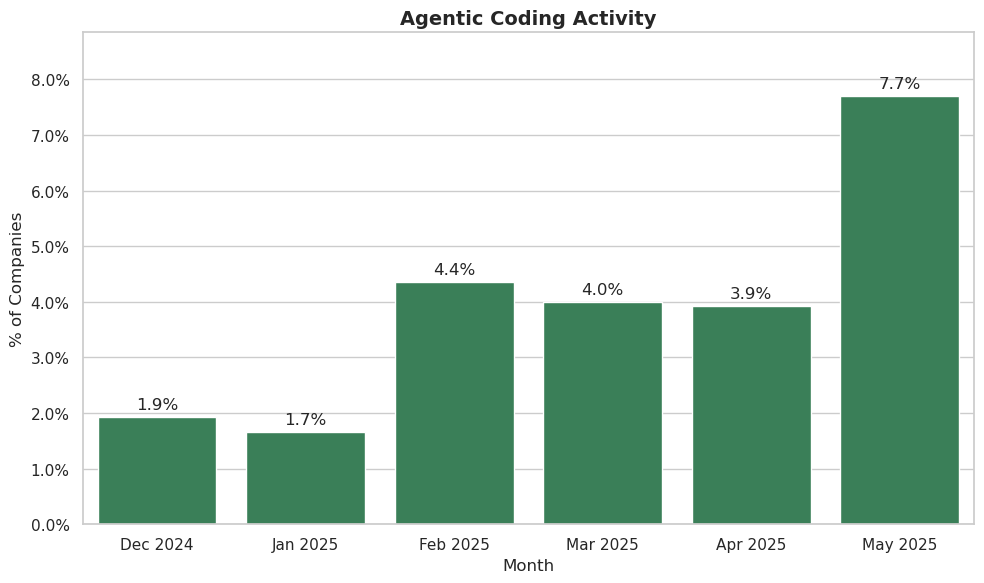
There’s been a 4.5x increase in the number of companies piloting workflows where AI authors, commits or opens code reviews with tools including Claude Code, Devin, and Codex – which we use internally at Jellyfish. This signals a broader willingness to hand over entire tasks to AI tools.
The Bottom Line
The Bottom Line
The agentic AI era is here. Companies are rapidly evolving from AI-curious to AI-native – starting with reviews and quickly moving toward fully autonomous workflows. If your team isn’t already exploring agentic tools, now’s the time to start.
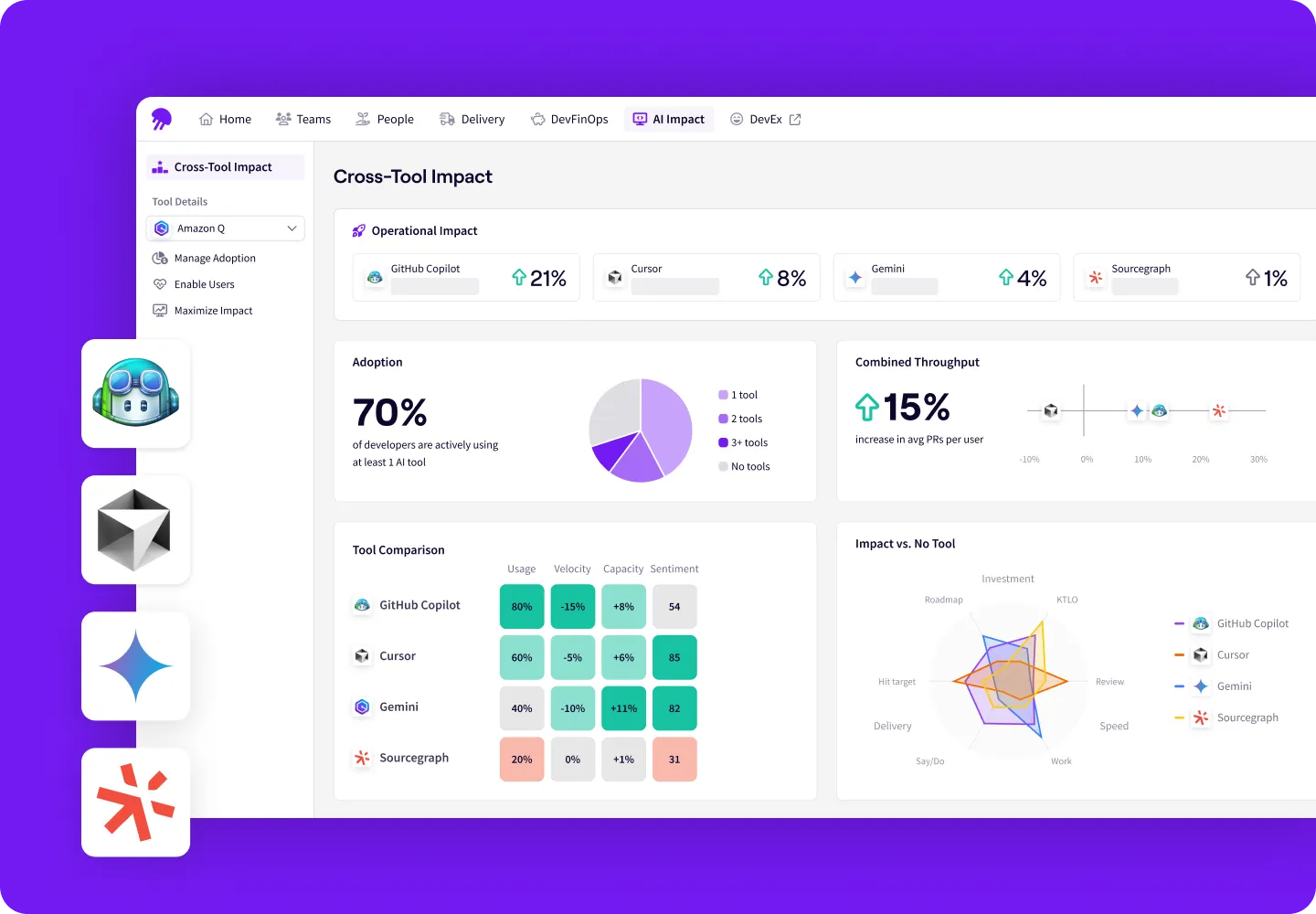
Bring your R&D organization into the AI era
Learn more and get started with AI Impact from Jellyfish
Learn MoreAbout the author

Nikolas Albarran is a Product Researcher at Jellyfish.
